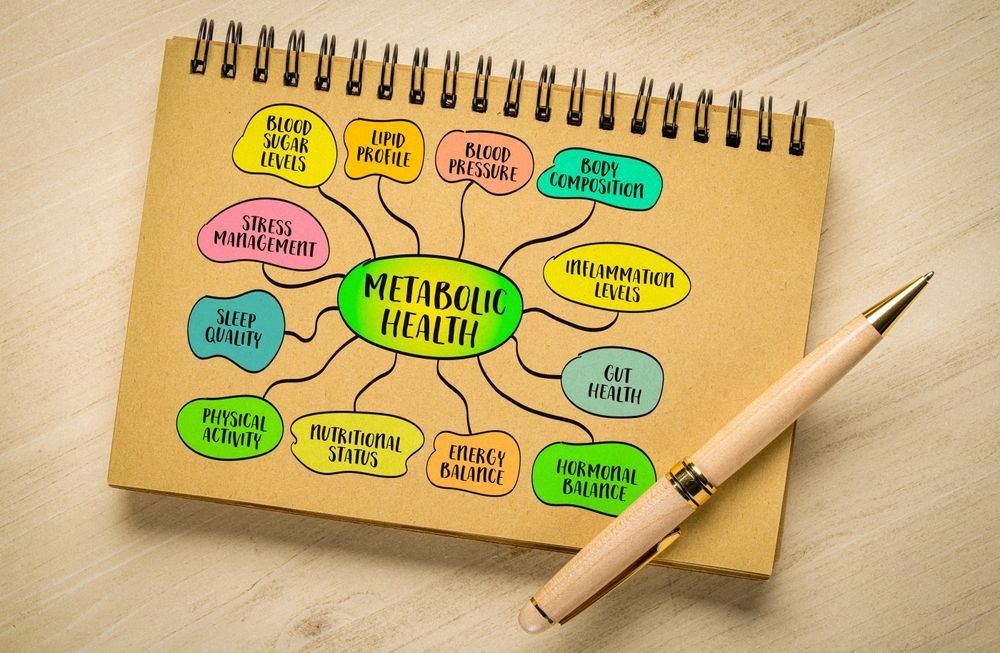How to Use IV Therapy for Post-Travel Recovery

Understanding IV Therapy
What is IV Therapy?
IV therapy, or intravenous therapy, is a medical procedure that involves delivering fluids, medications, and nutrients directly into the bloodstream through a vein. This method allows for quicker absorption and more efficient delivery of substances compared to oral administration. It is widely used in hospitals and clinics, but its benefits can also be enjoyed outside of these facilities, especially for those recovering from strenuous activities like travel.
The process typically involves inserting a small catheter into a vein, usually in the arm, and connecting it to an IV bag containing the necessary fluids. These may include saline solutions, vitamins, minerals, electrolytes, or even medications tailored to the individual's needs. IV therapy ensures that the body receives the hydration and nutrients it requires, promoting faster recovery. The procedure is generally safe and can be performed by trained healthcare professionals in various settings, including wellness clinics and even at home, making it accessible for many individuals seeking relief from fatigue or dehydration.
Benefits of IV Therapy
One of the primary benefits of IV therapy is its ability to rehydrate the body quickly. Dehydration is common after long flights or extensive travel, particularly in hot climates. Additionally, IV therapy can administer a concentrated dose of vitamins and minerals that are crucial for recovery. This is particularly beneficial for athletes or individuals who may have pushed their bodies to the limit, as it helps to restore balance and promote optimal performance.
Some additional benefits include:
- Improved Nutrient Absorption: Bypassing the digestive system, IV therapy ensures that nutrients are absorbed quickly and efficiently. This is especially important for individuals with gastrointestinal issues that may hinder nutrient uptake.
- Customizable Treatments: IV therapy can be tailored to meet specific health needs, making it adaptable for different travel-related issues. For instance, formulations can be created to combat jet lag, enhance immunity, or even support skin health.
- Energy Boost: Many formulations include energy-boosting vitamins, helping travelers to recuperate more rapidly. Ingredients like B vitamins and amino acids can invigorate the body, making it easier to bounce back after exhausting trips.
Moreover, IV therapy can also play a role in enhancing overall wellness. Regular treatments can help to maintain hydration levels, support immune function, and improve skin elasticity, making it a popular choice among health-conscious individuals. As more people become aware of the benefits of IV therapy, it is increasingly being integrated into wellness routines, especially for those who lead busy lifestyles or frequently travel for work or leisure. The versatility of IV therapy makes it an appealing option for anyone looking to enhance their health and well-being.
The Connection Between Travel and Health
Common Health Issues After Travel
Traveling can be exhilarating, but it often takes a toll on our bodies. Common health issues that individuals face after traveling include fatigue, dehydration, gastrointestinal problems, and weakened immunity. Long periods of sitting, changes in time zones, and exposure to various pathogens can exacerbate these issues.
Moreover, jet lag is a prevalent concern, leading to disrupted sleep patterns and a general feeling of tiredness. Allergies and respiratory issues can also arise due to changing climates or exposure to new allergens. Recognizing these potential complications is essential for effective recovery.
How Travel Impacts Your Body
When you travel, your body undergoes multiple stressors. The change in environment, food, and activity levels can significantly affect your physical and mental well-being. The lack of hydration, especially during flights, can lead to fatigue and headaches.
Moreover, dietary changes can impact your digestive health, while increased exposure to crowds can heighten the risk of infections. The mental stress of navigating unfamiliar situations can also lead to anxiety, further impacting your health. Understanding these factors can help you make informed choices for your post-travel recovery.
IV Therapy for Post-Travel Recovery
How IV Therapy Helps in Post-Travel Recovery
IV therapy serves as a powerful ally for anyone looking to recover after a trip. It delivers hydration and essential nutrients directly to the bloodstream, quickly alleviating symptoms associated with travel-related fatigue and dehydration. By replenishing the body's resources, IV therapy helps restore energy levels and enhance overall well-being.
In addition to treating dehydration, IV therapy can introduce vital vitamins, such as Vitamin C, B-complex vitamins, and magnesium, which can help reduce feelings of fatigue and boost immune function. This multifaceted approach allows travelers to bounce back quickly, ensuring they are ready for everyday life or the next adventure.
Types of IV Therapy for Post-Travel Recovery
There are several types of IV therapy formulations tailored to post-travel recovery. Common options include:
- Hydration Therapy: Focused on replenishing fluids and electrolytes lost during travel.
- Nutrient Therapy: Contains a mix of vitamins and minerals aimed at boosting energy and immunity.
- Detox IV Therapy: Formulated to help cleanse the body of toxins acquired during travel.
Consulting with a healthcare provider can help determine the best IV therapy option based on individual needs and travel experiences.
Preparing for IV Therapy
What to Expect During IV Therapy
Before beginning IV therapy, it's essential to understand the process. The session typically starts with a brief consultation to evaluate your health and establish what nutrients or fluids you may need. Once ready, a healthcare professional will insert the IV catheter while you are comfortably seated or lying down.
The actual infusion can last anywhere from 30 minutes to a couple of hours, depending on the treatment prescribed. You will be monitored throughout the process, ensuring maximum comfort and safety. Many individuals find the experience relaxing and report increased well-being even during the session.
Safety Measures and Precautions
While IV therapy is generally safe, some precautions must be considered. Always ensure you are receiving treatment from a licensed healthcare professional to minimize risks such as infection or adverse reactions. Inform the practitioner of any pre-existing conditions or allergies that could affect the therapy.
Hydration is also crucial; drinking water before your appointment can aid the process. Lastly, listening to your body post-treatment is important, as some individuals may experience mild side effects, which should be monitored and reported if persistent.
Post-IV Therapy Care
Aftercare Tips for IV Therapy
Upon completing your IV therapy, a few aftercare tips can help maximize recovery benefits. Firstly, it's essential to stay well-hydrated to assist your body in processing the nutrients received. Avoid heavy physical exertion for at least 24 hours to allow your body to adjust.
Additionally, maintain a balanced diet rich in vitamins and minerals to sustain the benefits gained from IV therapy. Gentle activities like walking can enhance circulation and contribute to overall recovery. Listening to your body and resting as needed will ensure a smoother return to your regular routine.
Monitoring Your Health Post-IV Therapy
After receiving IV therapy, keep a close eye on how your body responds. Monitoring any lingering symptoms, such as fatigue or gastrointestinal discomfort, can help determine if further treatment or a visit to a healthcare provider is necessary. Taking notes on your energy levels and overall health will also provide useful insights for future travels.
In conclusion, IV therapy offers an effective solution for enhancing post-travel recovery. Understanding how this therapy works and how to prepare for it can significantly improve your travel health experience, enabling you to enjoy every adventure to the fullest.










